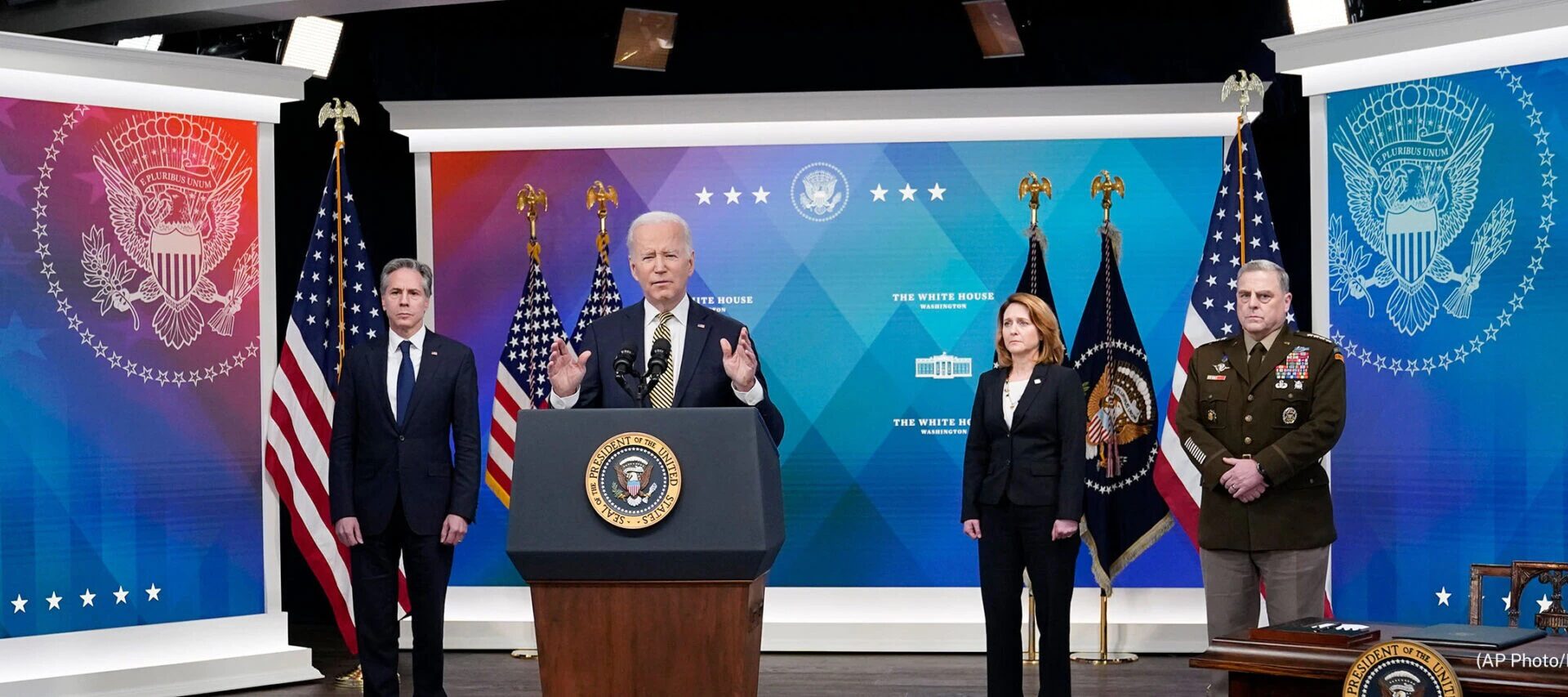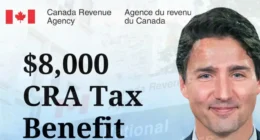Now, a full year after Russia’s unprovoked invasion of Ukraine began, the U.S. Treasury’s Office of Foreign Assets Control (OFAC) is taking significant measures to limit Moscow’s ability to fund its brutal campaign.
Treasury has announced a new determination under Executive Order 14024, imposing sanctions on 22 individuals and 83 entities, all in an effort to restrict activity in the metals and mining sector of the Russian Federation’s economy.
Russia’s ability to obtain the capital, materials, technology, and support that sustain its war against Ukraine, which has killed thousands and displaced millions of people, has been severely hampered by today’s action and by additional measures taken by the Department of State, the Department of Commerce, and the Office of the U.S. Trade Representative, in coordination with allies and G7 partners.
Also Read: Twitter Becomes First Social Media Platform to Allow Cannabis Ads in the US
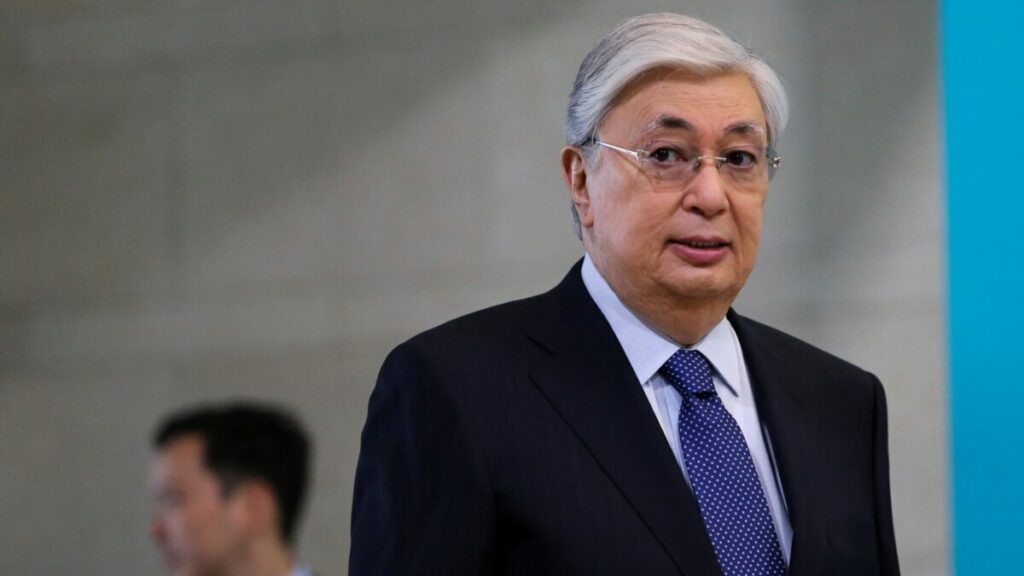
Furthermore, the United States government is increasing its efforts to counter such evasion around the world as Russia seeks ways to evade sanctions and export controls. Over 30 entities and individuals in non-Sanctioned countries involved in Russian arms trafficking and illicit finance have been designated today. While U.S. and international sanctions already apply to over 80% of the Russian banking sector’s total assets,
OFAC is today designating over a dozen Russian financial institutions, including one of the top ten largest banks in Russia by asset value. As Russia looks for new ways to access the international financial system, sanctioned actors have been known to turn to smaller banks and wealth-management firms in an effort to evade sanctions.
Treasury Secretary Janet L. Yellen said, “As the Ukrainian people continue to valiantly defend their homeland and their freedom, the United States is proud to support Ukraine through economic, security, and humanitarian assistance.
Also Read: Ex-Twitter execs to testify in Congress on handling of Hunter Biden laptop reporting
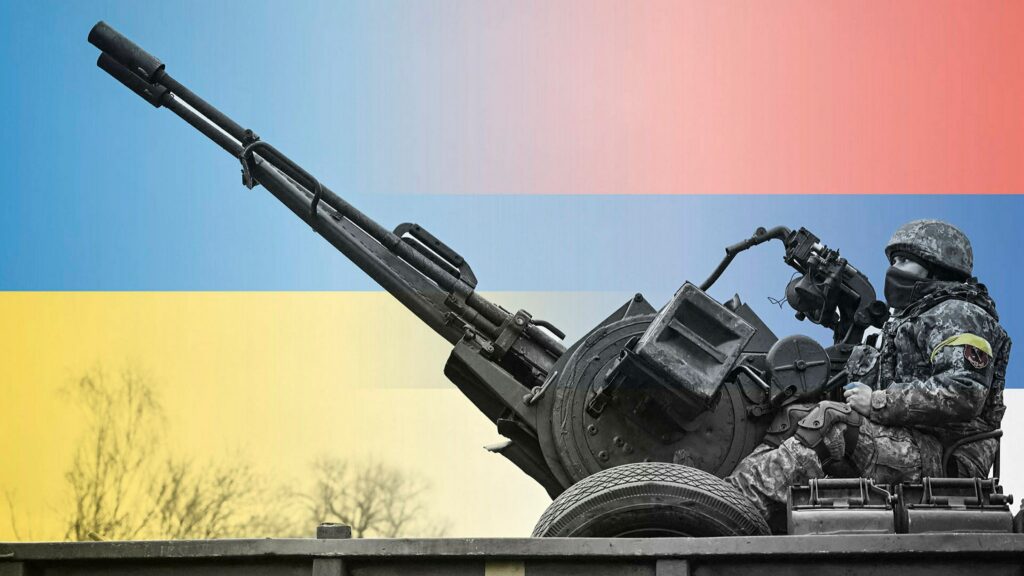
” In order to degrade Russia’s military-industrial complex and reduce the revenues it uses to fund its war, we have taken action with a historic coalition of international partners over the past year. Russia’s inability to restock its weapons and its economic isolation are two clear indicators of the short- and long-term effects of our sanctions. Today’s actions with the G7 show that we will continue to support Ukraine for as long as it takes.
Many of the companies and individuals targeted by sanctions today are integral cogs in Russia’s war machine in Ukraine. Companies that make or import cutting-edge technology and materials for use in Russian military hardware are included in this category.
Supply lines for Russia’s armed forces have also come under attack. In order to limit Putin’s military options in the future, including against Ukraine, the Treasury will “continue to designate Russian Federation persons connected to Russia’s defence industries,” the statement reads.
Russian carbon fibre and advanced material producers, Russian aerospace companies, Russian technology and electronics companies, and other entities supporting Russia’s war against Ukraine are all targeted by the sanctions.
Also Read: New Apple Updates Could Prevent Air Tag Stalking
The mining and metals industry in Russia is included in the new batch. Ukrinform reported earlier that the EU is planning to look into growing exports to Russia’s neighbours on the suspicion that suppliers may be trying to evade Western sanctions in this way.
Precautions taken against the manufacture and distribution of weapons in Russia. In order to further limit Russia’s access to key industrial inputs, services, and technologies produced by our economies, the G7 leaders have agreed to synchronise and expand targeted sanctions, with a focus on those that aid Russia’s armaments industrial base and technology sector.
Russia’s ability to replace military equipment it has already lost during its brutal war against Ukraine will be severely hampered by blocking sanctions imposed by the United States Departments of State and Treasury on major state-owned defence enterprises, as well as defence research organisations and dozens of other defense-related entities and individuals.
Also Read: Philipp Hildebrand Net Worth: An Eye On His Early Years, Career, Personal Life, And Much More!
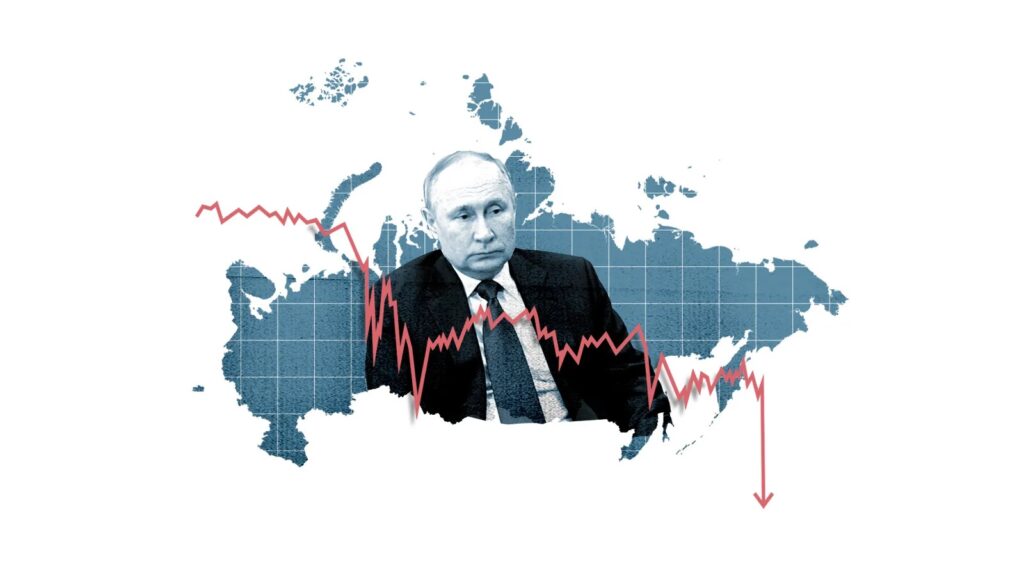
Taxing Russian imports as a means of aiding Ukraine. The G7 leaders agreed earlier this year to deny Russia the “most favoured nation” trading status that would have ensured low tariff rates for Russian goods sold around the world. To aid Ukraine and make Russia pay for the costs of its war, President Biden and other G7 leaders will seek authorization to use revenues collected from new tariffs on Russian goods to do so.
In addition, President Biden has announced that the United States will impose a higher tariff rate on over 570 categories of Russian products worth roughly $2.3 billion to Russia, in accordance with Congress’s revocation of Russia’s trade status in the United States. These measures are carefully calibrated to impose costs on Russia, while minimising costs to U.S. consumers, and will limit Russia’s ability to economically benefit from sales to the U.S. market.
Also Read: Chicago Med Season 8 Release Date Confirmed? Check Out The Cast And Much More!!
